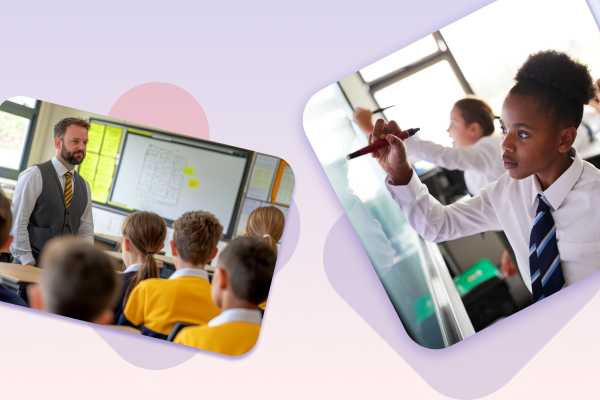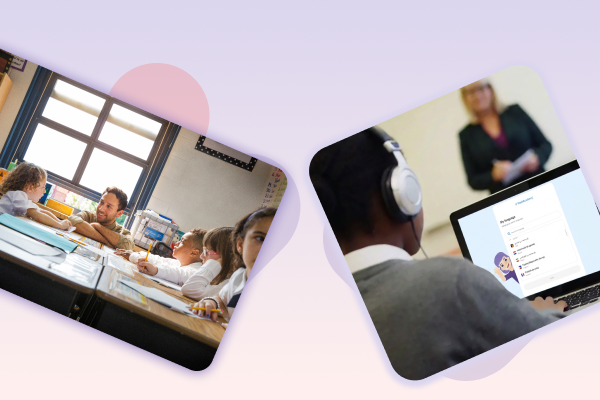

As part of our campaign on the connection between EAL and wellbeing, we’re curating insights from educators worldwide with the aim to spark a discussion around EAL and belonging, social integration and assessment. Find out more about our work on EAL and wellbeing.
In this guest blog, Paul Richardson, Principal at King’s Tirana, Albania, shares his experiences in promoting multicultural awareness, supporting student wellbeing, and creating balanced assessment approaches in an international school setting.
FlashAcademy®: How does your school embrace multiculturalism and diverse cultural backgrounds? What effect do you think this has on your students?
Paul: Our school does embrace multiculturalism largely through the British curriculum and UK links upon which it is founded.
Multiculturalism is a little more difficult to convey in a country which was closed to the outside world before 1991 so experience of the wider world has been limited. Students are steadily developing an awareness of global cultures and this is broadening their aspirations.

FlashAcademy®: Why do you think it’s important for parents to get involved in their child’s education?
Paul: Parents need to be involved in their children’s education as this leads to developing realistic expectations and positive aspirations. Education is most successful when seen as a partnership.
FlashAcademy®: What effect does high-stakes testing have on your students?
Paul: Albanian students in our school are under constant pressure to succeed from parents who are investing in their education.
Many students experience stress during assessment periods and this can result in emotional meltdowns and pressure on teachers to change grades.
FlashAcademy®: Why do you think testing environments should be supportive and low stress?
Paul: Testing environments should seek to reduce stress through being open and transparent in the assessment process, moving from summative to formative methods and assessing skills as well as knowledge. It should be an holistic process based on a wider variety of evidence, however international external exams inhibit this to some extent for practical reasons.
FlashAcademy®: Why do you think it’s important for EAL assessment to include qualitative measures like teacher observations and student self-assessments?
Paul: The assessment of EAL should contain elements of the methods mentioned because we are assessing an ability to communicate via a range of methods and is not purely knowledge based. External factors can impact on someone’s ability to communicate on any particular day or at any particular time.
For more information on the link between EAL and wellbeing, visit our webpage.

